How to Establish a Good Skincare Routine for All Skin Types

Regardless of your skin type, a gentle cleanser and moisturiser usually makes up the basic foundation to a good skincare regimen. Whilst skin type may change over time due to stress, humidity, hormones or natural ageing, which results in new products being added or removed from your skincare routine, a strong core foundation is imperative to sustain your skin through it all.

Understanding Your Skin Type
Dry Skin - Feels tight and dry; skin may look flaky or scaly
Dry skin produces less natural oils compared to other skin types, and may look noticeably dehydrated or dull. The optimal skincare routine to overcome dry skin should include a pH balancing cleanser to gently cleanse without stripping away the skin's natural oils, to leave the skin smooth and plump. It is also recommended to incorporate products with hydrating ingredients such as low molecular Hyaluronic Acid and Squalane, which help to maintain and repair the skin's natural protective moisture barrier.
Normal Skin - Feels hydrated and comfortable under normal conditions; not oily, yet not dry
Normal skin is the most balanced of all skin types; it exhibits small pores and a relatively smooth skin texture, making it less prone to sensitivity or breakouts. It is the easiest to maintain, and generally only requires a basic routine of cleansing and moisturising to help support the skin's natural protective barrier.
Combination Skin - Shiny, sticky T-zone area with dry or flaky cheeks; skin may have large visible pores and rough patches around the cheek areas.
Combination skin is characterised by the forehead, nose and chin areas typically exhibiting oily skin traits, while the rest of the face may have signs of normal or dry skin. The degree of these traits may vary due to factors such as hormone fluctuation or stress levels, and using products designed to balance sebum levels are essential to managing oily T-zones and preventing blackheads, for a smoother complexion.
Oily Skin - Feels sticky or greasy, and appears shiny in all areas; skin exhibits visible pores and blackheads.
Oily skin is prone to the formation of blackheads and pimples due to the skin's excessive sebum production coupled with accumulated dead skin cells, causing pores to become blocked. The end result is a noticeable shiny and sticky sheen on the skin's surface. Given more natural oils are produced by this skin type, it is important to use a gel exfoliator within your daily routine to gently and effectively remove dead skin cells. Ensuring that a body or face scrub includes hydrating ingredients is an essential part of keeping the skin moisturised, soft and smooth, without clogging the pores.
Sensitive Skin - May appear red and feel itchy, dry or a burning sensation in extreme cases.
Although sensitive skin may be seen as a skin type, it usually appears in a combination with any of the above-mentioned skin types. In most cases, the symptoms experienced in conjunction with sensitive skin could be triggered by underlying factors, such as environmental pollutants, dyes, fragrances, or other external irritants. Sensitive skin can benefit from anti-bacterial or anti-inflammatory products that contain prebiotics which aid in re-balancing the skin's microbiome, and help to strengthen the skin's natural barrier against external irritants.
Why are prebiotics good for the skin?
Where probiotics generally refer to the good strains of live bacteria that populate the skin's microbiome, prebiotics can be seen as the food source that helps these good bacteria thrive; they also strengthen the skin's natural barrier against environmental pollutants and other harmful elements. These good bacteria are responsible for keeping the bad bacteria within a healthy range, and may help to prevent skin conditions such as eczema, dry skin, and UV-induced skin damage. Some probiotics found in the skin's microbiome boost the production of ceramides which are beneficial in trapping moisture in the skin, while others increase collagen production and tightens the skin while minimising visible pores.
Essentially, the function of prebiotics as a superfood is to help the skin's microbiome fight off bacterial infections and inflammation while balancing its' pH levels.
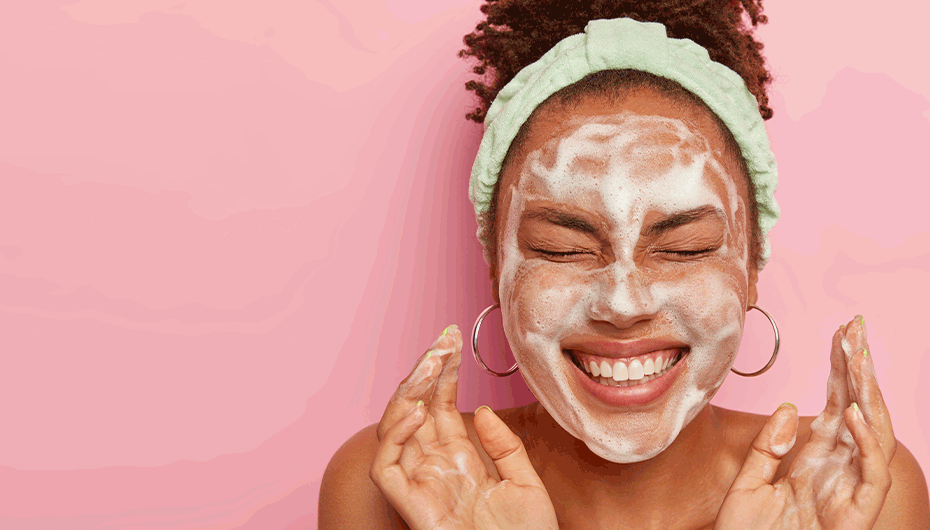
Basic Skincare Essentials For All Skin Types
A good skincare routine is crucial to keeping the skin healthy. While some skin types may require dermatologically recommended skincare, the foundations to a basic routine, regardless of skin type, is generally the same.
- Cleanse your face daily with a gentle cleanser that helps to balance out your skin's pH levels with the use of prebiotics.
- Use a gentle facial scrub with finely ground exfoliants that can effectively remove surface grime without aggravating sensitive skin and damaging the skin barrier, as an exfoliator made with rough natural grains may be too harsh for facial skin.
- Use a treatment mist/toner to refresh the skin at any time of day. As an antibacterial barrier for the skin, toners and mists can provide relief from skin irritations or redness and help to re-balance the microbiome for a clearer complexion. It also preps the skin for optimal absorption of products that follow.
- Moisturise with a prebiotic body balm to enhance hydration and lock in moisture, while keeping bad bacteria at bay. Using a moisturiser multiple times a day will be particularly beneficial if you have dry sensitive skin.
- Finish off with a lightweight sunscreen of minimum SPF 30 at least once a day to improve overall skin health and prevent premature ageing. Products containing Sodium Hyaluronate and Niacinamide can also moisturise skin, improve the skin's texture, and enhance UV protection.





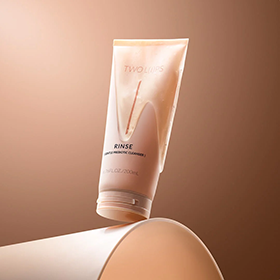 Rinse
Rinse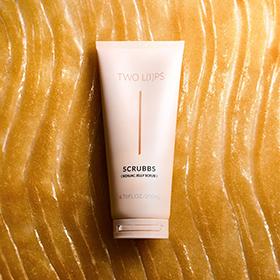 Scrubbs
Scrubbs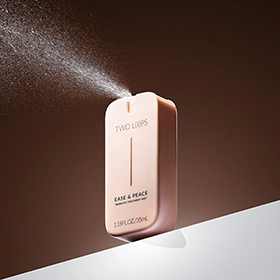 Ease & Peace
Ease & Peace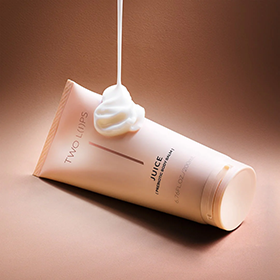 Juice
Juice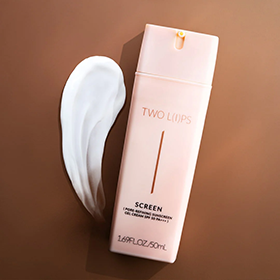 Screen
Screen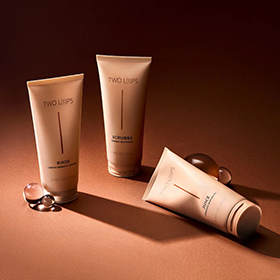 Prebiotic Starter Kit
Prebiotic Starter Kit

















